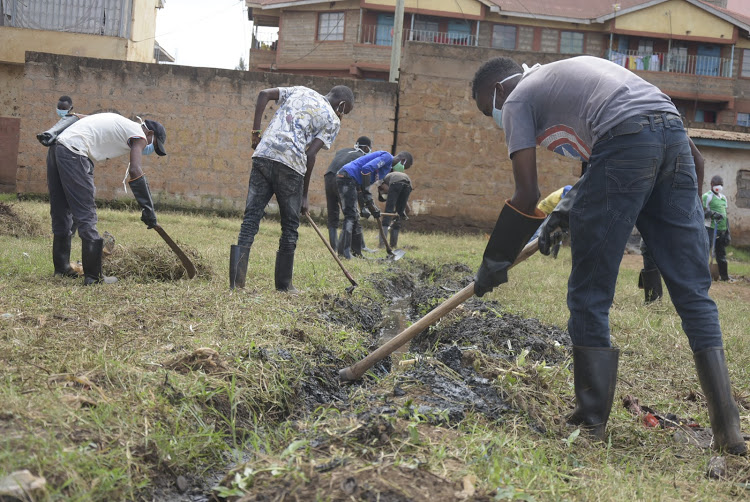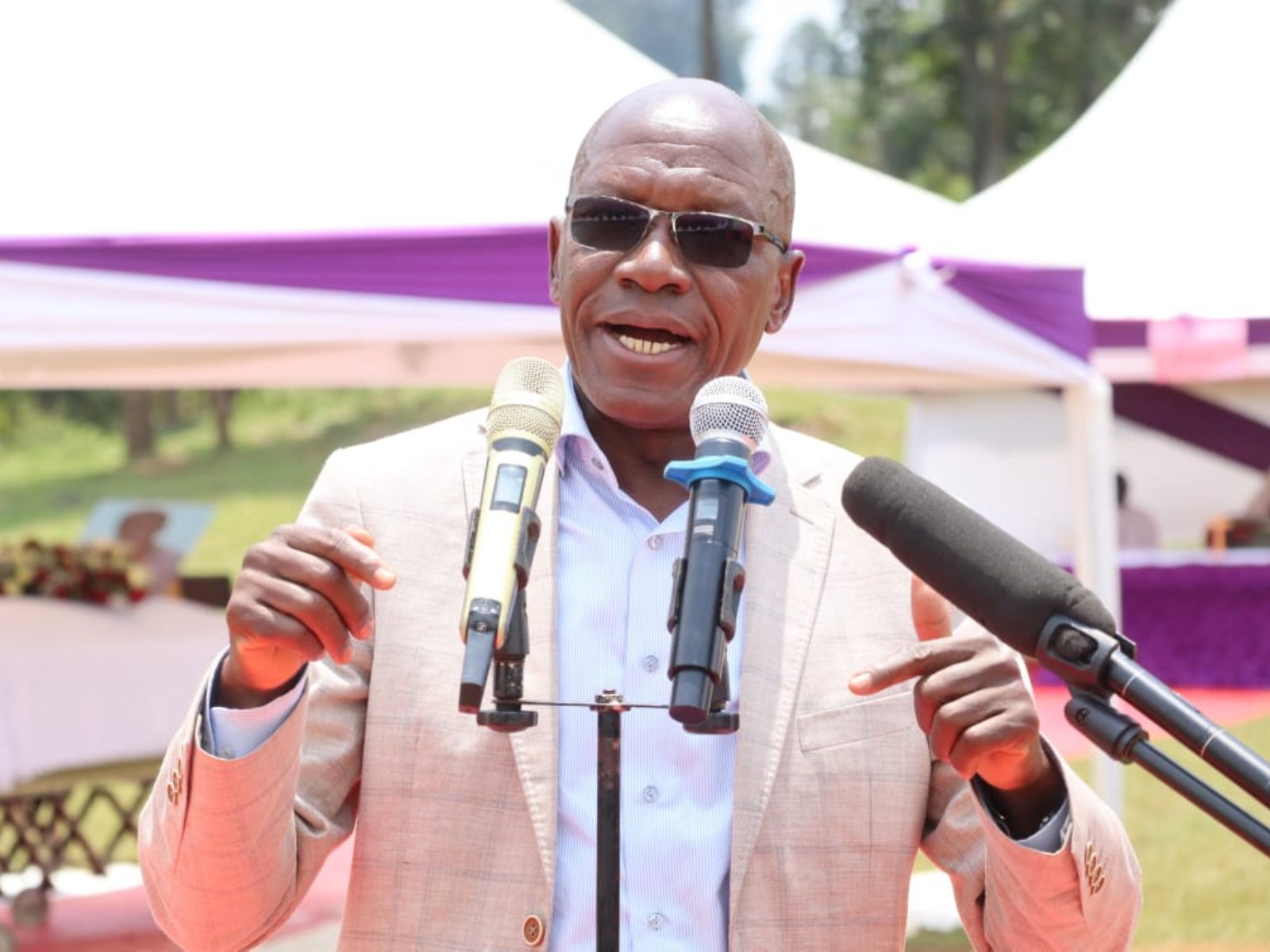Reintroduce Kazi kwa Vijana to stem crime wave

The Kenya National Civil Society Centre (KNCSC) calls on the government to consider reintroducing Kazi Kwa Vijana programmes to stem the wave of crime bedeviling the country.
It is the considered opinion of KNCSC that continued failure by the government to provide short and medium-term measures to address the high cost of living is partly to blame for the spate of increasing crime rate.
While the government has done a commendable job by taking measures such as making farm inputs like fertilizers more affordable to farmers, such medium and long-term measures ought to have been coupled with short-term measures with the potential to immediately put money into the pockets of no-income and low- income earners to meet their basic needs like buying food, energy, transport and healthcare.
The government should, therefore, not have dismissed some of the stopgap measures that were deployed by the Jubilee administration such as Kazi kwa Vijana.
Studies have confirmed that Kazi kwa Vijana distracted idle youth from criminal tendencies and gave them hope that they would earn some money from lending their labour in the many public works and social service programmes they had been involved in.
The Kenya National Civil Society Centre, therefore, considers it ill-advised for the Kenya Kwanza administration to have discontinued kazi kwa Vijana programme upon taking over the reins of power merely because it had gained traction during the second term of former President Uhuru Kenyatta.
This, despite admission by the Kenya Kwanza Alliance in its manifesto that “there are not enough white-collar managerial jobs in the public service or the small corporate economy to absorb the hundreds of thousands of irrepressible young educated Kenyans with middle class aspirations”.
It is the considered view of the Kenya National Civil Society Centre that mischaracterisation of Kazi kwa Vijana in the Kenya Kwanza manifesto that equates the programme to “throwing crumbs at young educated Kenyans” was the starting point to the wave of crime that has hit the country within a month after the August elections, undermining the promise and potential for economic pick-up and growth after the Covid-19 pandemic.
It should be recalled that it is through such stop-gap programmes such as Kazi kwa Vijana that the government was able to pull the country from the abyss of economic meltdown and public despondency that would have resulted from massive loss of income when Covid struck.
Against this backdrop, governments issued stimulus checks and increased unemployment benefits to help blunt the financial impact of these measures on individuals and small businesses. In Kenya where the economy was less able to issue most of such benefits, innovative programmes such as Kazi kwa Vijana came in handy, enabling the government to draw in the energy, enterprise and creativity of the youth into public works and social services.
With the Russia-Ukraine conflict continuing unabated, the maritime bottlenecks to movement of grains that Kenya relies on for imports to meet local grain deficits from the two countries still unmitigated.
The ravaging drought depriving communities of their livelihoods and budget cuts the government has imposed ostensibly to save for capital intensive investments and to service debts have only served to aggravate the socio-economic situation that Covid left in its wake.
While it is a good thing to save, the government should be reminded that it can only save for the living and not the dead or the dying.
The government should, therefore, rethink its strategies in the wake of reports of people collapsing and dying from hunger and dehydration, or resorting to crime to fend for themselves.
— The writer is the Kenya National Civil Society Centre Executive Director












